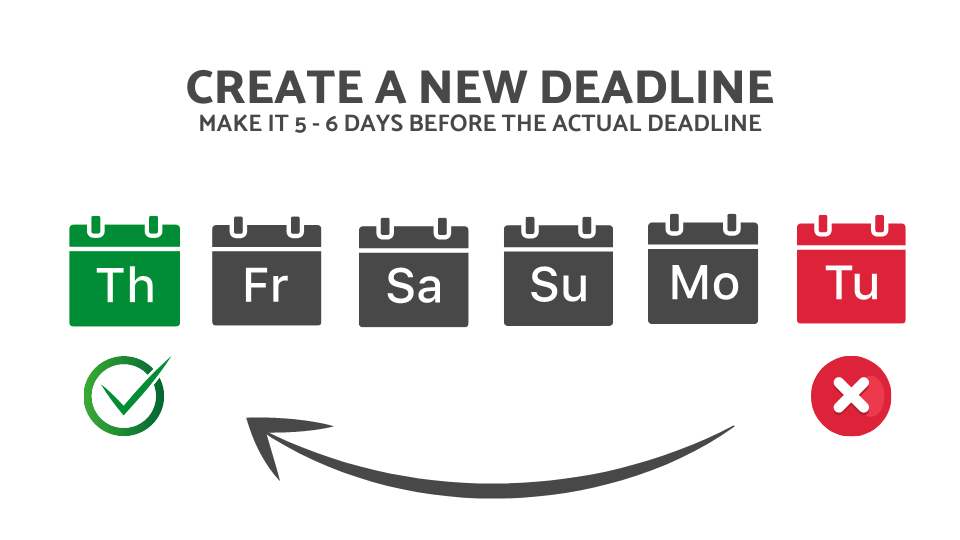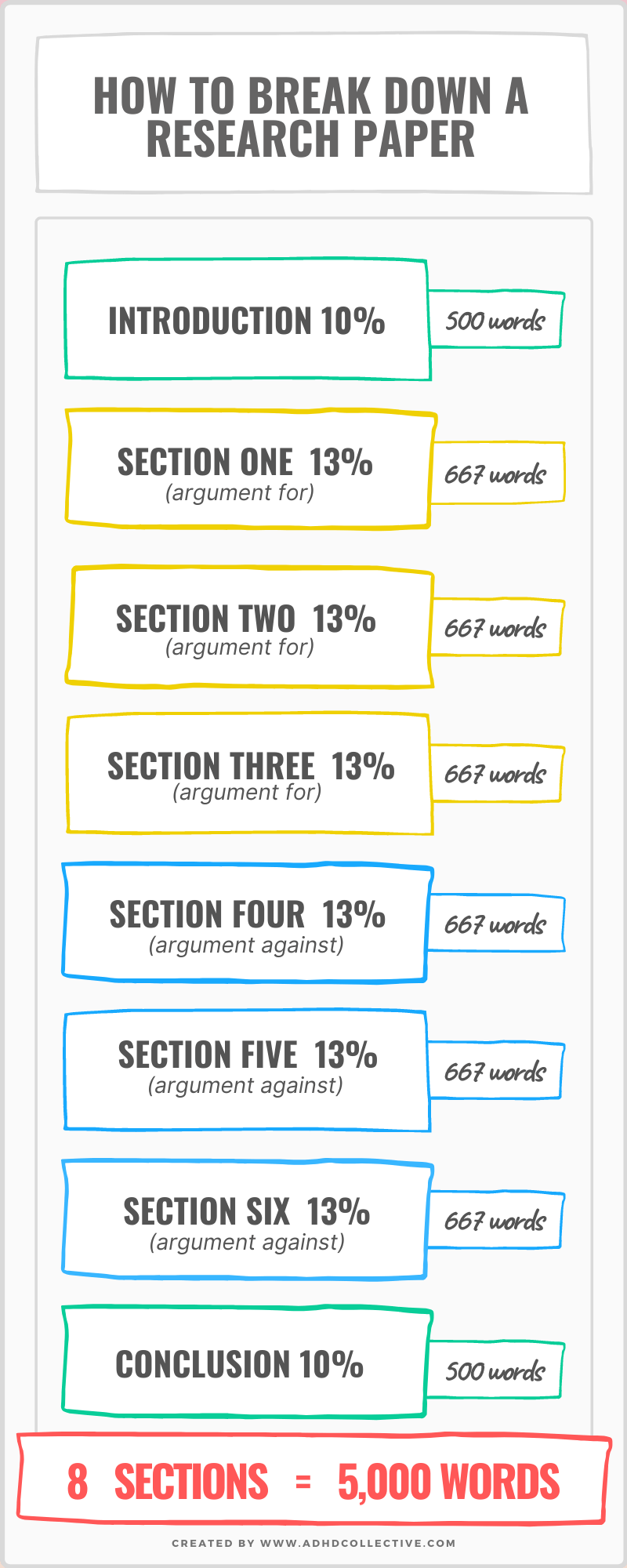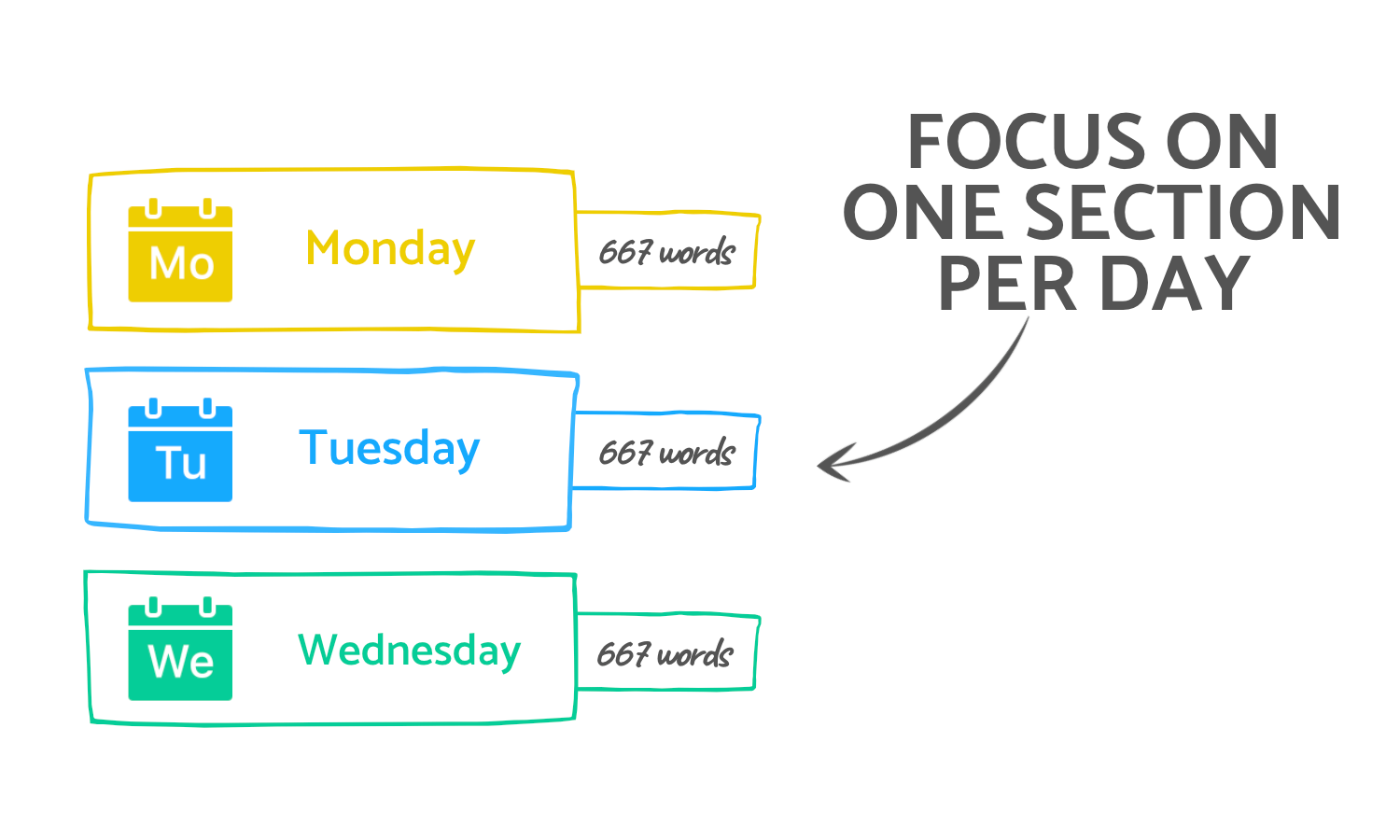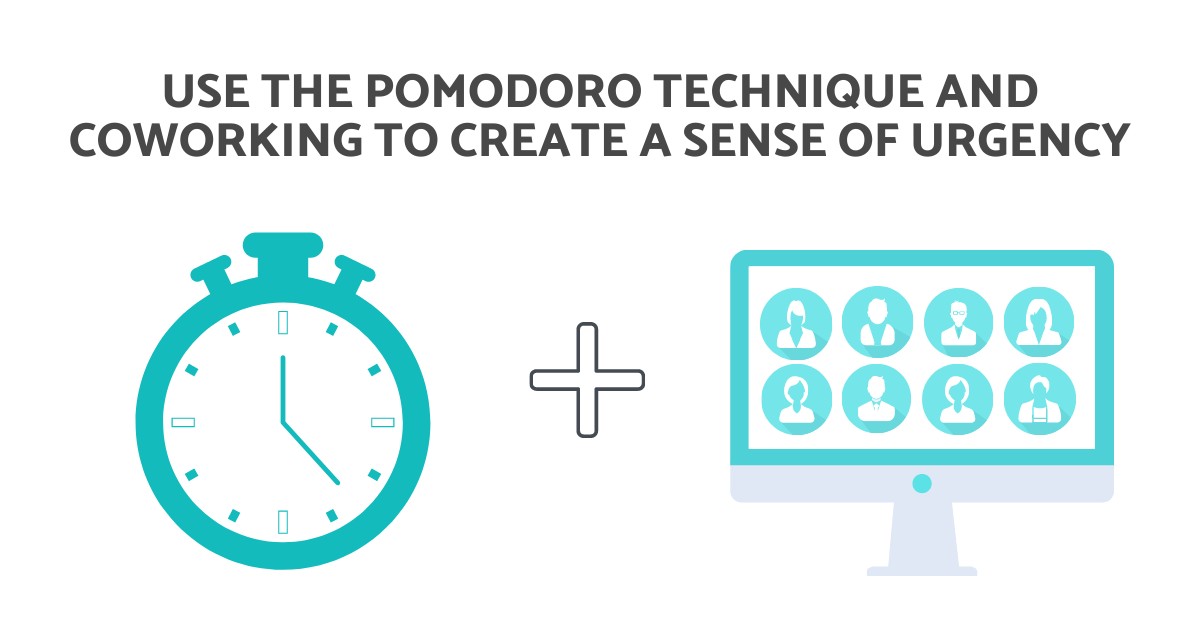ADHD College Students: Here at ADHD Collective, we love highlighting the experiences and perspectives of like-minded people with ADHD. Izzy Walker started attending the weekly coworking sessions we launched in March 2020 when the COVID-19 pandemic began. She showed up...
ADHD College Students: Here at ADHD Collective, we love highlighting the experiences and perspectives of like-minded people with ADHD. Izzy Walker started attending the weekly coworking sessions we launched in March 2020 when the COVID-19 pandemic began. She showed up week after week and put in the hard work as she neared the semester’s end at University. When she accepted my invitation to share what she learned with our readers, I was thrilled, and I know you will be too. Please share Izzy’s helpful tips in your social circles, if you know a college student with ADHD who could benefit.
ADHD and College
Making it to university was a milestone I often thought I would never make. However, my experience was gloomy. Everything was disproportionately difficult, lectures were a confusing din, and every assignment was a mammoth struggle.
I changed university naively thinking it would be different somewhere else. It wasn’t. But it was there at my new university that my story of hope began, as one friend saw the immense struggle I was having and suggested that it could be ADHD.
This conversation was a catalyst for change, and set the ball rolling for me in my journey. It led to a heck of a lot of personal research, but also a meeting with an Educational Psychologist who after a series of testing gave me the diagnosis of ADHD and Dyspraxia.
When I read these words I felt an odd, overwhelming sense of relief. I wasn’t dumb, lazy, incapable, or ‘just not cut out to study’.
School reports year after year would echo the words, ‘distracted and distracting’, ‘capable but often off-task’, and ‘constantly questioning’. On paper I was doing well, the product of my work was good, so no flags had been raised, but deep down behind closed doors I was not doing well, the process was far from good. This has been the case throughout the whole of my education, and I just put it down to my capability.
Since diagnosis I have finished my 1st assignment, and then my 2nd, and then my 3rd, and I am now looking onwards to my final year before being a qualified teacher. This time with hope and acceptance of who I am and who I can be with the right strategies and support in place.
Here are some that I have found the most game-changing when working on projects/assignments:
Give Yourself a New Deadline
I set myself a deadline a few days (at least) before the actual one. I have a real tendency to be scrambling right to the last minute and this helps avoid a lot of stress.
The whole point of this was to prevent a lot of unnecessary scrambling and stress. This also gave me time to edit (more on that later).

As much as you can, it’s helpful to treat this earlier date as your actual deadline. One way I did this was only scheduling this earlier date on the calendar so it felt more real.
By finishing 5-6 days early, it offered me a window of time for editing and getting it ready to turn in. It also gave time to improve the paper should I have any middle of the night revelations…which I so often do!
Break Your Paper Down into Smaller Pieces
When I was presented with a 5,000 word assignment I felt immediately overwhelmed. I broke the assignment down into sections and assigned a word count to each one.
when I considered what my paper actually entailed, it didn’t seem so bad. Here's what the requirements consisted of:
Introduction - 1 section Argument FOR - 3 sections Argument AGAINST - 3 sections Conclusion - 1 Section Total length of the paper had to be 5,000 words.
It may seem very overly meticulous, but by spending 30 minutes doing this prevented what could have been HOURS of cutting back word count in the editing stages, and could also run the risk of having no clear structure.
I am a waffler, so without this structure, I would probably have gone WAY over the word limit anyway.
I also went one step further by writing a title for each of the points (on my plan only) and any key things I wanted/needed to mention.
For example, in an assignment on why outdoor learning should be a part of the primary curriculum, my points would be titled ‘educational benefits’, ‘health benefits’ and ‘social benefits’.
The contrary points could be titled ‘behavioural issues’, ‘lack of funding’, and ‘lack of training’. By breaking it down into bite size chunks I felt it was much more manageable.
Focus on One Section a Day
After breaking it down, I dedicated a day to each of the sections. For example, intro – Monday, section 1 – Tuesday, etc.
From my experience, I have found that having a specific measurable target makes it almost like a game. I found it very motivating watching the word count for that section going down as I typed.

By scheduling the sections out and putting them in my calendar, it allowed me to know when this assignment could realistically be finished by, rather than taking a guess and hoping for the best.
When I woke up, I was thinking, 'I have to write 650 words today!’ rather than ‘oh my goodness 5,000 words!?I would recommend doing this step as soon as you get the assignment and the deadline date…even if you do nothing else towards it, so that you know when you must start.
Set a Mid-Way Checkpoint
it will save you a LOT of time in the editing stages if you do a little editing as you go along.
With the word count on this particular assignment being so big, I thought it would be wise to set a mid-way checkpoint to read through everything so far and make changes as necessary.
Normally, this would be done at the end but I knew I would have lost all interest and motivation by this point…so it would be better to save myself such a huge job. This also filled me with confidence because when I was writing the second half of the assignment and needed the extra boost, I knew that the first half was to a good standard.
Do Something Every Day (No Matter How Small)
I’m not going to lie, not everyday was as straightforward as ‘write one section a day’.
Some days I was crippled by demotivation, lethargy and not wanting to do ANYTHING.
The key times I noticed this was if I had worked too hard the previous day or if I had hit a difficult part. Believe me, working TOO hard is a THING.
My biggest piece of advice is…know your limits!
I’m no ADHD scientist, but I find my brain must be working harder because of the increased effort I am investing to even stand a chance of being able to concentrate.
Whilst I may feel just about fine at the time, the next day it takes its toll…big time…and maybe the work I did in my ‘overtime’ wasn’t even of the best quality anyway.
"If you just aren’t feeling it, do just one sentence, or find just one piece of theory. Just do one something..."This is another reason why my structured plan was really useful because it prevented me from unnecessarily going overboard…and meant that there was no real reason to anyway as I was already on track to finish on time.
If it’s the latter reason, that I’ve hit a difficult part, then there is nothing worse than putting it off another day because this ‘mental wall’ will just get HIGHER.
What did I find useful? If you just aren’t feeling it…do just ONE sentence, or find just ONE piece of theory you just use. Just do ONE something…so then you can feel at least partially accomplished and it’s not a blank section for when you do get back to it.
Best case scenario…that ONE something, could roll into TWO or THREE or FOUR somethings…and before you know it that section is done. Often it is just starting that is the difficult bit.
But worse case scenario…you tried and you can give it another shot tomorrow when your brain is a bit fresher. Productive days happen, utilise these and ride the waves…as do unproductive days…don’t allow the guilt to creep in.
Declutter Your Workspace
I even went to the extreme of removing the pen pot off the desk…in front of me all I had was paper, 1 pen, my lamp, and my laptop.
Minimalism has been a saviour for me during this time of discovering what works for me and what doesn’t. I’ve come to the conclusion that reducing physical clutter consequently reduces mental clutter. I also found the inverse to be true too, clearing my physical space gave me mental clarity.

Whilst this is a visible practice in much of my life, it is especially apparent with my workspace. You’d be amazed what I can get distracted by when writing an assignment…even something as small and monotonous as a pen pot!
Firstly…I would recommend to ALWAYS have a work station with a proper chair when you are writing an assignment and never work from your bed. You must set yourself up for success.
Secondly, I have only the bare essentials in front of me…a pen, a lamp, paper, and my laptop. By keeping it minimal it also means it is easily portable if you want to ‘hot seat’ in your own house if you get bored of that scenery!
Use ADHD Coworking Sessions (and the Pomodoro Technique)
At the start of lockdown I stumbled upon a weekly coworking group ran by Adam from ADHD Collective. I can honestly put down a lot of my success to this…it was amazing!
Firstly, I felt so understood because the group was aimed at people with ADHD. This meant that everyone could share their experiences and not feel judged, but instead find themselves in a supportive community where they could also ask advice.
Each session was 2 hours long and attracted between 4 and 12 people, depending on the week.
It would start with each person sharing (with specifics) what task they wanted to achieve within the next 25 minute block.

By being specific it allowed for a strong element of accountability because at the end of the block, Adam, the ADHD coach and group host would check your progress and whether you had achieved what you wanted to achieve.
Working in 25 minute blocks is often referred to as the Pomodoro Technique. Whilst everyone else in the group is sharing their progress, it gives your brain the opportunity for a short break before starting the next block.
By having short bursts of activity I was able to concentrate and thus achieve more than I would have done if I tried to work for hours without breaks.
Additionally, having the accountability was an incentive for me because it was motivation and almost turned it into a game to try and get the activity finished in time.
Conclusion
I hope these college writing tips give you several options that might help you with your ADHD experience.
Now over to you!
Share the tools, strategies, and tips in the comments below that have helped you in your own journey with ADHD and college writing!

Izzy Walker
Izzy Walker is a trainee teacher in her final year at University in Newcastle, UK. When not studying, she can be found on spontaneous adventures, and meeting new people! To follow her as she navigates through the adventures of ADHD, student life, and teacher...find her on Instagram at @if.walker












